Contact UsCONTACT
Please feel free to contact us if you have any questions or concerns.
Inquiry FormStories
STORIES
SERIES EMBARK
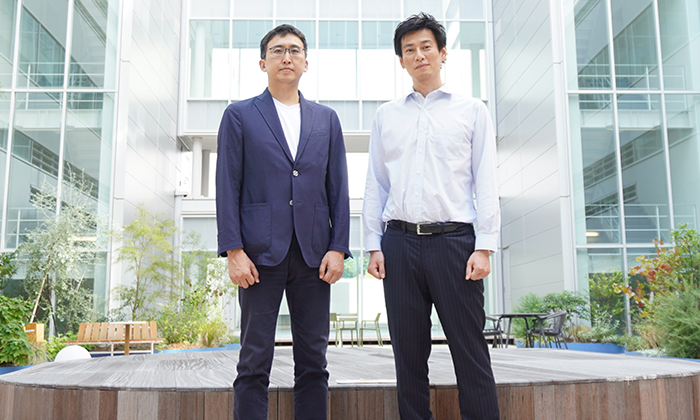
Chordia Therapeutics Corporation ("Chordia") is a bio-venture specializing in oncology research and development. It was established in 2017 as a spin-out by six researchers from Takeda Pharmaceutical Company Limited ("Takeda"). Soon after its establishment, the company raised approximately 1.2 billion yen from Kyoto University Innovation Capital (hereinafter referred to as Kyoto-iCAP), Takeda, and other investors. Since then, the company has succeeded in raising large-scale funding, including Series B and Series C. We interviewed Daisuke Morishita, CSO and co-founder, and Kentaro Kume, CFO, who manages the company's finances, about how the company got started and its R&D activities through industry-academia collaboration. (Interviewer: Mami Akasaka)
Since I joined Takeda, I have consistently worked on the development of new anti-cancer drugs. 2013, I went to Harvard Medical School in Boston, U.S., to explore new anti-cancer drug concepts, and returned to Japan in 2014. Together with Dr. Seiji Ogawa (Professor, Department of Tumor Biology, Kyoto University Graduate School of Medicine) and Dr. Kazuya Shimoda (Professor, Department of Hematology, Diabetes, and Endocrinology, Faculty of Medicine, University of Miyazaki), I was working on MALT1 inhibitors. This drug targets anti-tumor effects by inhibiting the activity of MALT1, which is believed to be important in the oncogenesis of lymphocyte-based blood cells.
In 2016, however, Takeda reorganized its R&D sites, and oncology R&D was consolidated in Boston, USA. Employees who were engaged in oncology drug discovery at Takeda's Shonan Research Center (Fujisawa City, Kanagawa Prefecture) were faced with a choice: stay at Takeda and do something else, change jobs and continue R&D at another company, or start their own business and continue R&D. I chose to start my own business with Hiroshi Miyake (currently President and CEO of Cordia Corporation), who headed the Cancer Drug Discovery Unit, and others.
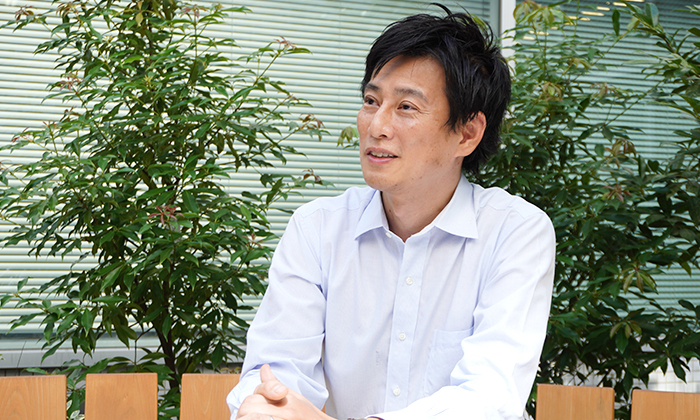
I started my career at JFC in 2001, and after a secondment to the Cabinet Office and a consulting firm, I joined Takeda in 2014. starting in 2016, I was also involved in the reorganization of the very R&D department and helped establish several venture companies, including Chordia, as Takeda's work He has also been involved in the establishment of several venture companies, including Chordia.
In 2017, Takeda prepared a program to support entrepreneurship by employees who are researchers, and Miyake and others applied for the program and it was adopted; in 2018, Takeda opened its Shonan Research Center to outside researchers and ventures as the Shonan Health Innovation Park, and Chordia moved in as well. I myself moved to Chordia in 2020 and have served as CFO to date.
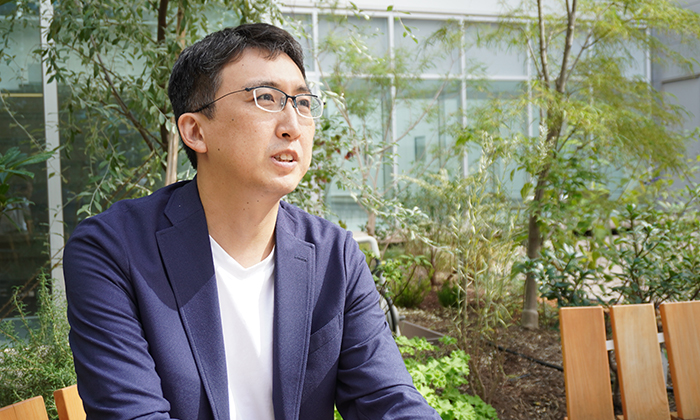
I was troubled. Before starting a business, Japanese researchers do not change jobs very often. In particular, researchers who join large companies tend to stay with the same company. I also vaguely thought that I would work until retirement.
However, at the time, if we did not stand up for ourselves, the anti-cancer drug candidates we had been researching would never see the light of day. That was a great disappointment to me. We believed that the research we had been conducting had potential as a drug and that it was worth our time. In the end, that was the deciding factor.
Miyake's human appeal was also a deciding factor. In the end, we invested in and launched Chordia with six of Takeda's former researchers, and Miyake took the lead by learning how to think about and develop skills in company management. He originally led an organization of about 60 people at Takeda and was someone who had earned the respect of his business colleagues.
At the time, however, I was troubled by my concerns and asked to speak with Hiroyuki Ueno, then president of Kyoto-iCAP, and Koji Murota, then president of Kyoto iCAP. I remember, a bench on the fourth floor of the building where Kyoto-iCAP is housed.
Of course. Chordia's research has close ties to Kyoto University (hereafter referred to as Kyoto University), and Kyoto-iCAP always consulted with us when we started joint research with Kyoto University laboratories or when we applied for Kyoto University grant programs.
We really appreciated your support in both funding and consulting during the early stages. Not only at inception, but I think it was important that you led the Series B (March 2019) because if the existing investors pull out in the next round, the difficulty of raising funds will increase dramatically.
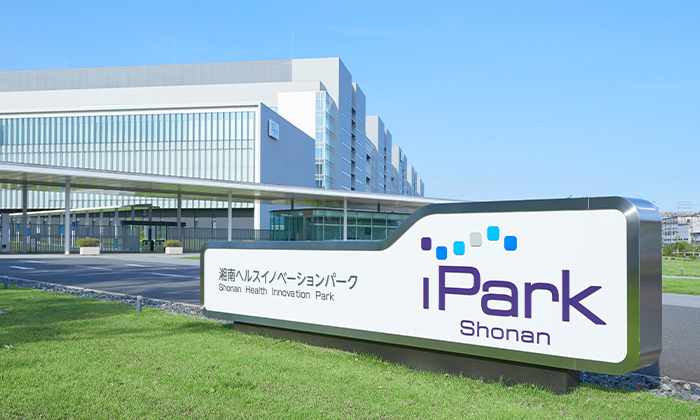
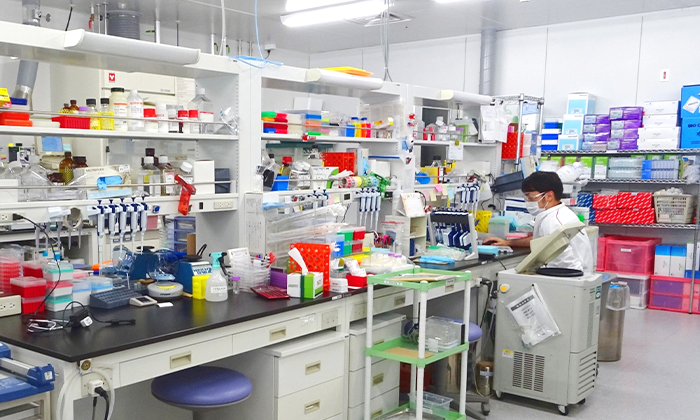
We have five anticancer drugs in our pipeline (new drug candidates). However, the MALT1 inhibitor I mentioned earlier was licensed out to Ono Pharmaceutical Co.
The first pipeline CLK inhibitor, CTX-712, is a drug that selectively inhibits phosphorylation of serine/arginine-rich (SR) protein by pan-CDC2-like kinase (CLK) and induces abnormal splicing, an important process in gene expression. Since splicing abnormalities occur originally in cancer cells, the concept of this drug is to induce further splicing abnormalities with this drug and have lethal effects on cancer cells.
In an ongoing first-in-human Phase I clinical trial, we have confirmed an antitumor effect in ovarian cancer and acute myeloid leukemia subjects, along with a clinically acceptable safety profile, which was presented at the 2022 American Society of Clinical Oncology (ASCO) meeting.
Other drugs include CDK12 inhibitors and GCN2 inhibitors. These two are in Phase I clinical trials to be initiated in 2023 or later. Four of our five pipelines are in collaboration with Kyoto University.
It all started in 2015 with a collaboration on a MALT1 inhibitor. When I returned to Japan from my studies in the U.S., I wanted to replicate in Japan the type of industry-academia collaboration I had seen and heard about at Harvard University to create a new model for producing new drugs from Japan. I asked prominent cancer researchers in the U.S. for their opinions on which university and with whom I should work, and came to the conclusion that I should work with Dr. Ogawa of Kyoto University, so I applied for a joint research project.
While conducting joint research, we realized once again that Dr. Ogawa is a world leader in the field of RNA splicing and asked him to participate in the research and development of CLK inhibitors. Dr. Ogawa has served as our scientific advisor since the establishment of Chordia.
Also in 2018, the Ogawa Laboratory and our company applied for and were selected for the "Incubation Program" of the Industry-Government-Academia Collaboration Division of Kyoto University, which led to the creation of our fifth pipeline. Furthermore, in May 2018, the Ogawa Laboratory and our company established the Next Generation Oncology Molecular Drug Discovery Chair at the Graduate School of Medicine, Kyoto University. This is an industry-academia joint course to discover new science and work on drug development.
Chordia's third pipeline, CDK12 inhibitors, was initiated by Dr. Kosuke Yusa (Professor, Division of Biosystems Research, Institute for Medical and Biological Sciences, Kyoto University), also of Kyoto University, who began discussing and collaborating with us for about two years soon after his return from the Wellcome Sanger Institute in England. It has also been selected for a research grant from the Japan Agency for Medical Research and Development (AMED).
One is that the objective is clear. In large companies with ample funds, some joint research projects are initiated with researchers and research institutes with whom they have originally formed friendships, saying, "Let's do something together," without a clear objective. Frankly speaking, this has a low batting average. We select the most appropriate partner for each research theme and collaborate with them. In addition, we understand each other's strengths and weaknesses, and optimize our roles to achieve our goals. Through these efforts, we have been able to discover science that we could not have discovered on our own, and we have also increased the speed of our research and development.
Second, we have established a relationship of equality. In Japanese academia, basic research to elucidate the truth of things is positioned as noble, while practical research to put the results of basic research to practical use tends to be regarded as an "evil path. Therefore, when it comes to joint research between industry and academia, the business side tends to take a subordinate position. I have built a relationship where we work on research as equals as scientists and say what we need to say to each other, rather than the conventional relationship that tends to exist in industry-academia collaboration in Japan.
Of course, in order to do so, we had to demonstrate our level of science to the university. When we started our joint research with Dr. Ogawa, I spent half of my week in Kyoto, conducting experiments there and trying to get him to understand what we could do and what we wanted to do together.
Our mid-term goal is to get CLK inhibitors out to patients. If we can do that, we as a company will have something to sell. We can become a pharmaceutical company.
By our definition, a "pharmaceutical company" is a company that earns income from the drugs it develops and markets. Therefore, while having our own manufacturing and marketing functions for drugs is an option, we will flexibly choose to partner with pharmaceutical companies through licensing agreements, taking economic rationality into consideration.
I have always asked myself whether I can convince myself to make important choices, including when I started my own business. If I had not made up my mind, I would have been half-hearted in everything I did. I think it all comes down to this: you have to think it through, and when you find something that feels right, you go for it with all your might. I think that's all you can do.
I think you should try it. You may not have experience starting a company or have any other concerns of that sort, but you will learn as you go. Even if you fail, it will not ruin your career. However, if you are going to start a business as a representative, you must have the ability to bring in people. Miyake gathered researchers and investors and was able to launch our company. If you have the determination to get one or two people involved, I think you can get started.
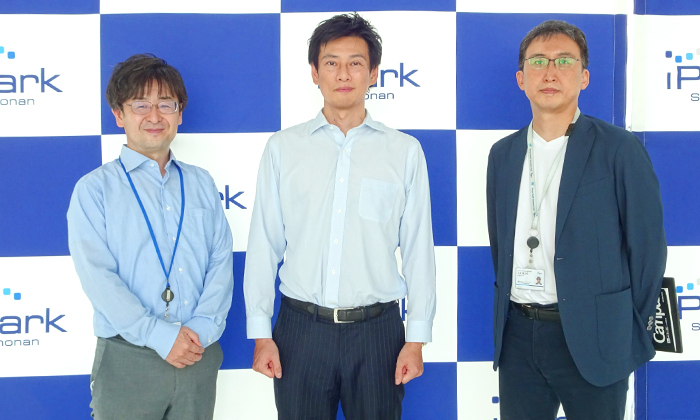
(Interviewed in September 2022. Affiliations, positions, etc. are as of the time of the interview)
Chordia is currently developing several new anti-cancer drugs under the collaboration of many business companies and academia by establishing a substantial R&D system with high level experts and high technology. In addition, Chordia is a carve-out venture established by utilizing the results of joint research between Takeda and Kyoto University, and is also a developmental venture for industry-academia collaborative activities. Kyoto-iCAP will continue to support Chordia's activities and hopes that the innovative new drugs developed by the company will contribute to medicine and patients.
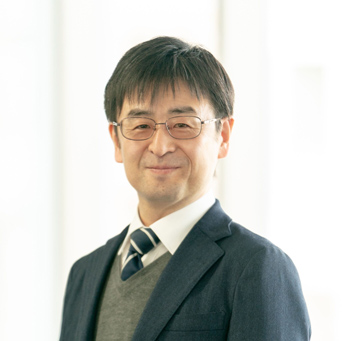
Hiroyuki Ueno

Chordia Therapeutics Inc. Website
Please feel free to contact us if you have any questions or concerns.
Inquiry Form